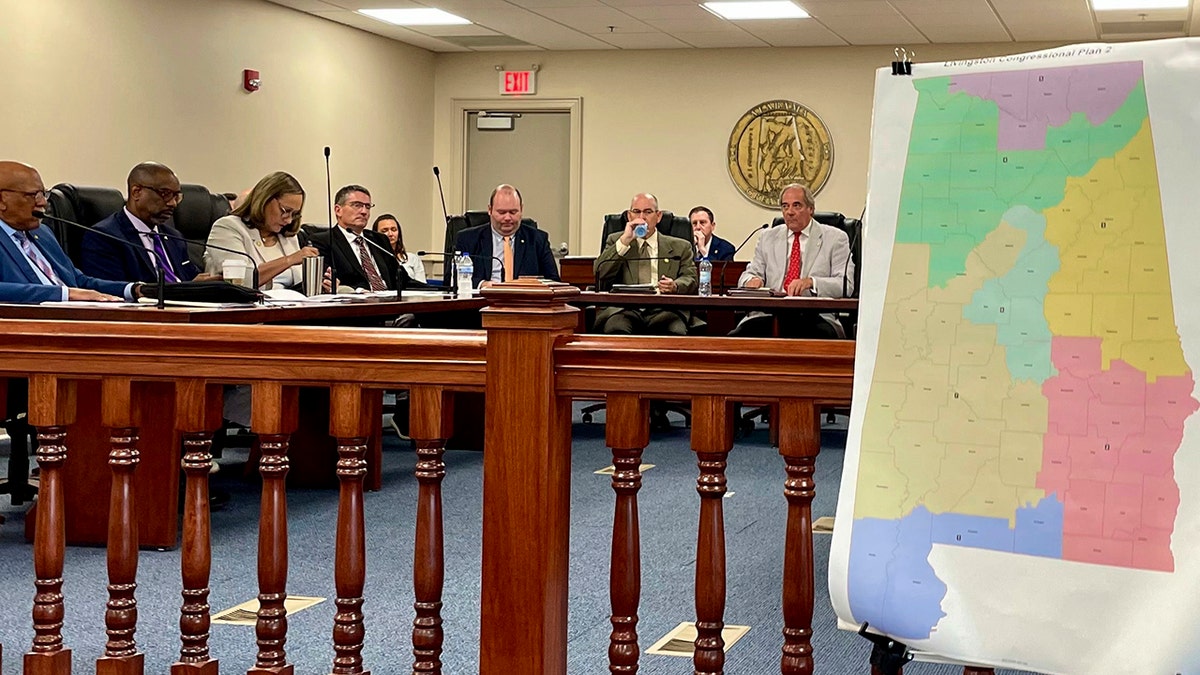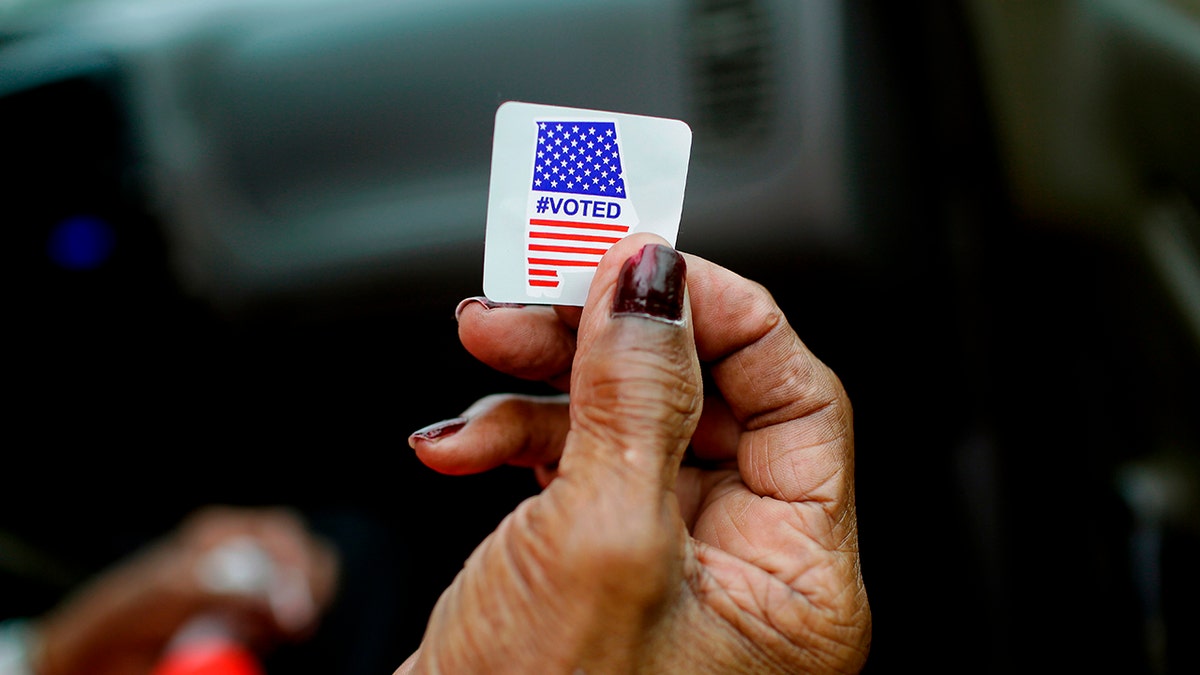Rep. Mike Lawler slams New York Democrats over redistricting effort: Can’t beat us in a fair set of maps
Rep. Mike Lawler, R-N.Y., discusses efforts in New York to redraw congressional districts, threatening to flip vulnerable GOP seats in the 2024 election.
The Supreme Court on Tuesday dealt a final blow to the congressional map drawn up by Alabama Republicans, permitting a court-appointed official to draw a map with greater representation for Black voters instead.
In a brief order, the high court rejected a petition from Alabama to reverse a lower court ruling that threw out a proposal from state lawmakers that did not include a second Black-majority district, as the Supreme Court previously directed. The ruling allows a court-appointed special master to proceed with one of three proposals submitted Monday that would create a second Black-majority congressional district in Alabama.
Black voters remain a strong Democratic constituency in the Yellowhammer State, and the new district would favor Democrats as both parties battle for control of the House in 2024. Lawsuits challenging GOP-led redistricting efforts are also pending in Georgia, Louisiana and Texas.
The decision comes after the state’s initially proposed congressional map — that had one majority-Black district out of seven in a state where 27% of residents are Black — was denied last year by the three-judge panel.

The Supreme Court building in Washington, D.C. (AP Photo/J. Scott Applewhite, File)
The panel then issued the guidance to include a second Black-majority district or "something quite close."
Alabama appealed the case to the Supreme Court and lost in June, with the justices ruling that lawmakers had diluted the voting power of the state's Black residents.

Alabama on Tuesday lost its appeal to undo a lower court order blocking a state congressional map drawn up by Republican lawmakers that did not include a second majority-Black district. (AP Photo/Kim Chandler)
However, instead of following the court's directive to create a second majority-Black district, state lawmakers proposed a plan that would increase the percentage of Black voters represented in the Second Congressional District from 31% to 40%.
A three-judge panel for the U.S. District Court for the Southern District of Alabama said earlier this month they were "deeply disturbed" that the state's redrawn map did not adhere to their guidance and appointed a special master to redraw the map instead.
SUPREME COURT RULES IN FAVOR OF BLACK VOTERS IN ALABAMA RACIAL GERRYMANDERING CASE

Federal judges said Tuesday, Sept. 5, that they will draft new congressional lines for Alabama after lawmakers refused to create a second district where Black voters at least came close to comprising a majority, as suggested by the court. (JOSHUA LOTT/AFP via Getty Images)
"We are not aware of any other case in which a state legislature — faced with a federal court order declaring that its electoral plan unlawfully dilutes minority votes and requiring a plan that provides an additional opportunity district — responded with a plan that the state concedes does not provide that district," the judges wrote. "The law requires the creation of an additional district that affords Black Alabamians, like everyone else, a fair and reasonable opportunity to elect candidates of their choice."
The state again appealed to the Supreme Court.
CLICK HERE TO GET THE FOX NEWS APP
Though Alabama lost its case in June by a 5-4 vote, the state leaned heavily on its hope of persuading one member of that slim majority, Justice Brett Kavanaugh, to essentially switch his vote.
The state’s court filing repeatedly cited a separate opinion Kavanaugh wrote in June that suggested he could be open to the state’s arguments in the right case. Kavanaugh, borrowing from Justice Clarence Thomas’ dissenting opinion, wrote that even if race-based redistricting was allowed under the Voting Rights Act for a period of time, that "the authority to conduct race-based redistricting cannot extend indefinitely into the future."
Those hopes were dashed with the Supreme Court's order Tuesday.
Fox News' Shannon Bream, Bill Mears, Lawrence Richard and the Associated Press contributed to this report.














































